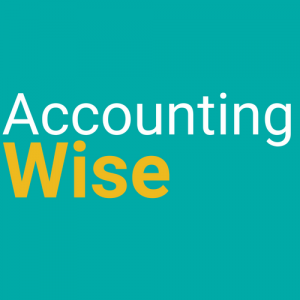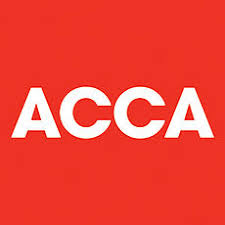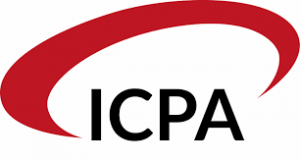In summary, IR35 is a piece of legislation designed to prevent freelancers from acting as ‘disguised employees’.
This is when the relationship between the client and freelancer is much the same as an employer/employee relationship and therefore the freelancer should be paid through the PAYE system. It’s imperative that you have an IR35 review to see if you are inside or outside of the legislation.
If you are caught inside IR35 but trade as though you are outside of it then you are at risk of penalties if HMRC should decide to look into your business in more detail. You may have underpaid NI which may need to be backdated and paid to HMRC along with further penalties and interest. We have hundreds of freelancer clients and so our accountants are extremely knowledgeable in all areas concerning freelancer tax requirements, and are able to give you honest advice on how HMRC will view your business.
Accounting Wise, as part of our Freelancer Accounting package, review your circumstances and give you their opinion on whether or not your business falls within the legislation, meaning that you can be safe in the knowledge that you are trading in the correct way.










